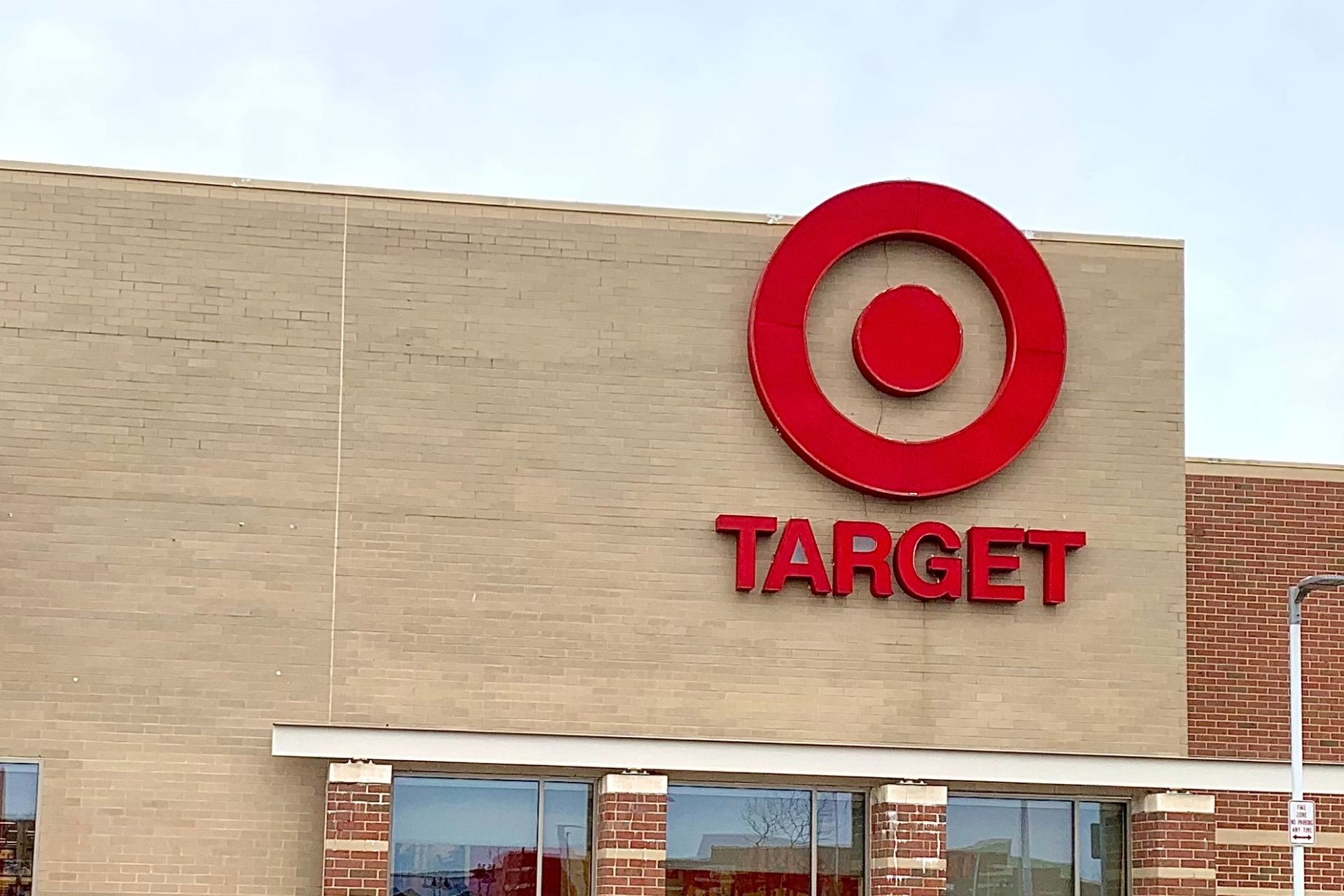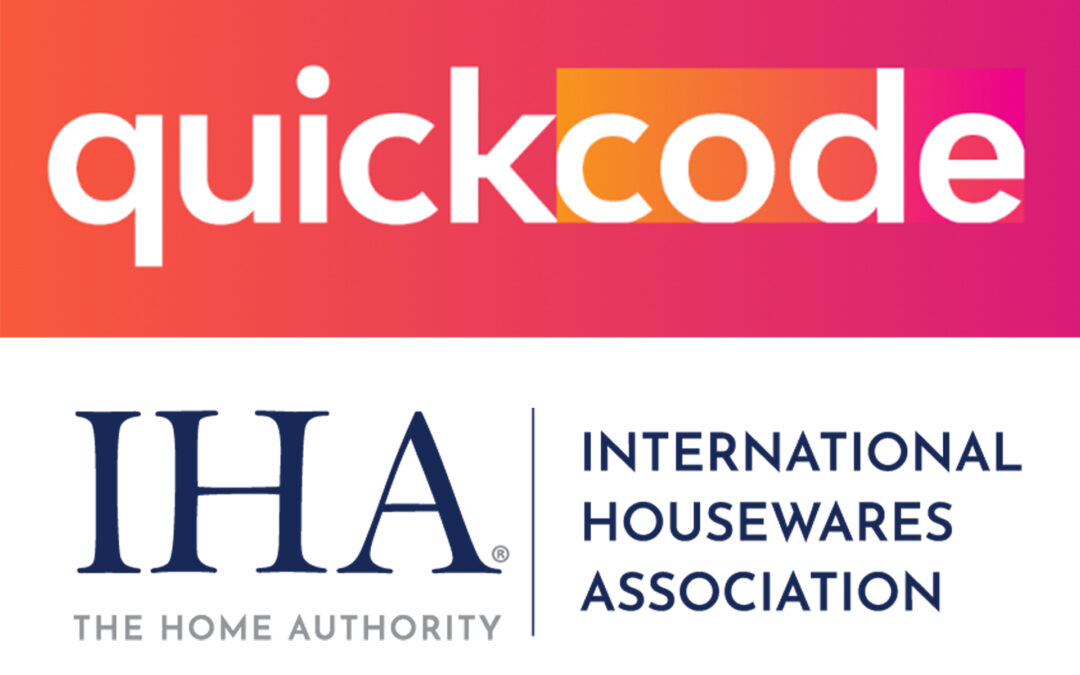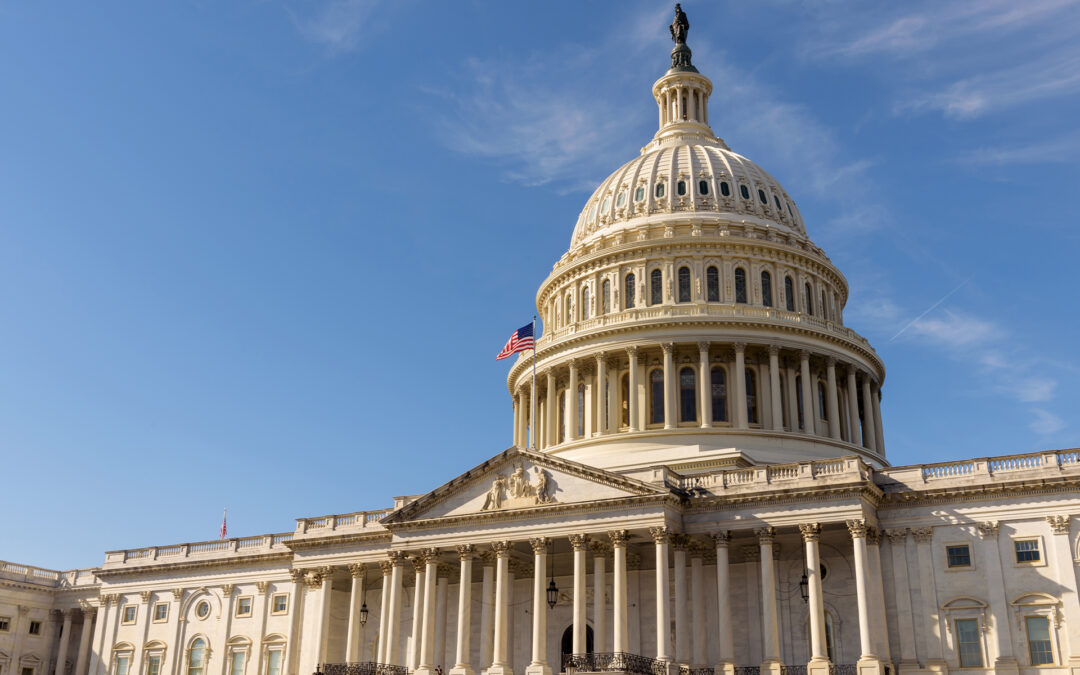Target experienced declining discretionary product purchasing in the third quarter, which hit earnings as customers shopped for everyday needs while shifting to bargain hunting for other goods.
Comparable sales by Target gained 2.7% in the quarter driven by 1.4% traffic growth and a 1.3% advance in average ticket, the company maintained. Growth in frequency categories including Beauty, Food and Beverage, and Household Essentials, led category performance, which offset ongoing weakness in discretionary categories.
Total revenue advanced 3.4% to $26.52 billion from the quarter a year previous, reflecting total sales growth of 3.3% to $26.12 billion and a 9.5% increase in other revenue to $396 million. Operating income was $1.02 billion versus $2.01 billion in the 2021 period, resulting primarily from a decline in gross margin rate.
In addition to financial results, Target announced that it is undertaking an enterprise-wide effort to simplify and push efficiencies across its business. The company will focus on reducing complexities and lowering costs while continuing to support its staff. Target stated that it should be able to save $2 to $3 billion over the next three years through the initiative. Savings would support the company’s investments in driving deeper guest engagement and long-term growth while also delivering on profit goals. Target’s total revenue has grown approximately 40% since 2019, the company pointed out. The effort, according to Target, will leverage the additional scale to better position the company to continue growing efficiently over time.
In a conference call, Brian Cornell, Target chairman and CEO, said although the company had worked to optimize operations as the growth occurred, Target is in the process of an evaluation as to where it can advance efficiencies through the business and will act based on that review.
Cornell said that the company had taken “decisive” actions in the second quarter to cut inventory and free up space in stores so it could provide fresh merchandise necessary for driving third-quarter sales. Beauty, food and everyday needs sales remained strong in the third quarter, but discretionary category sales deteriorated particularly at the end of the period as consumers became more price sensitive and promotionally oriented. Cornell added Target also had been hit harder by retail theft and organized crime, which the company is taking steps to address.
In the holiday season, Target will emphasize value across the assortment including through private label and opening price points, with additional saving through the loyalty-building Red Card and Target Circle programs.
Cornell said, “In the third quarter, our business delivered comparable sales growth of 2.7%, and we saw unit share gains across all of our core merchandise categories. This performance demonstrates the durability of our business model which continues to serve our guests and drive loyalty despite the challenging economic environment. In the latter weeks of the quarter, sales and profit trends softened meaningfully, with guests’ shopping behavior increasingly impacted by inflation, rising interest rates and economic uncertainty. This resulted in a third quarter profit performance well below our expectations.”
Cornell added Target is prepared to deliver significant value for customers this holiday season, supported by the inventory actions it took earlier this year. Still, he asserted that “the rapidly evolving consumer environment means we’re planning the balance of the year more conservatively. We’re also taking new actions to drive efficiencies now and in the future, optimizing our operations to match the scale of our business and drive continued growth. The strides we have made in recent years to build a truly differentiated, guest-centered retail offering, punctuated by a balanced, multi-category portfolio, positions us well to navigate in any environment. Looking ahead, we remain laser-focused on delivering the best of Target to our guests and continuing to invest in our long-term, profitable growth.”





